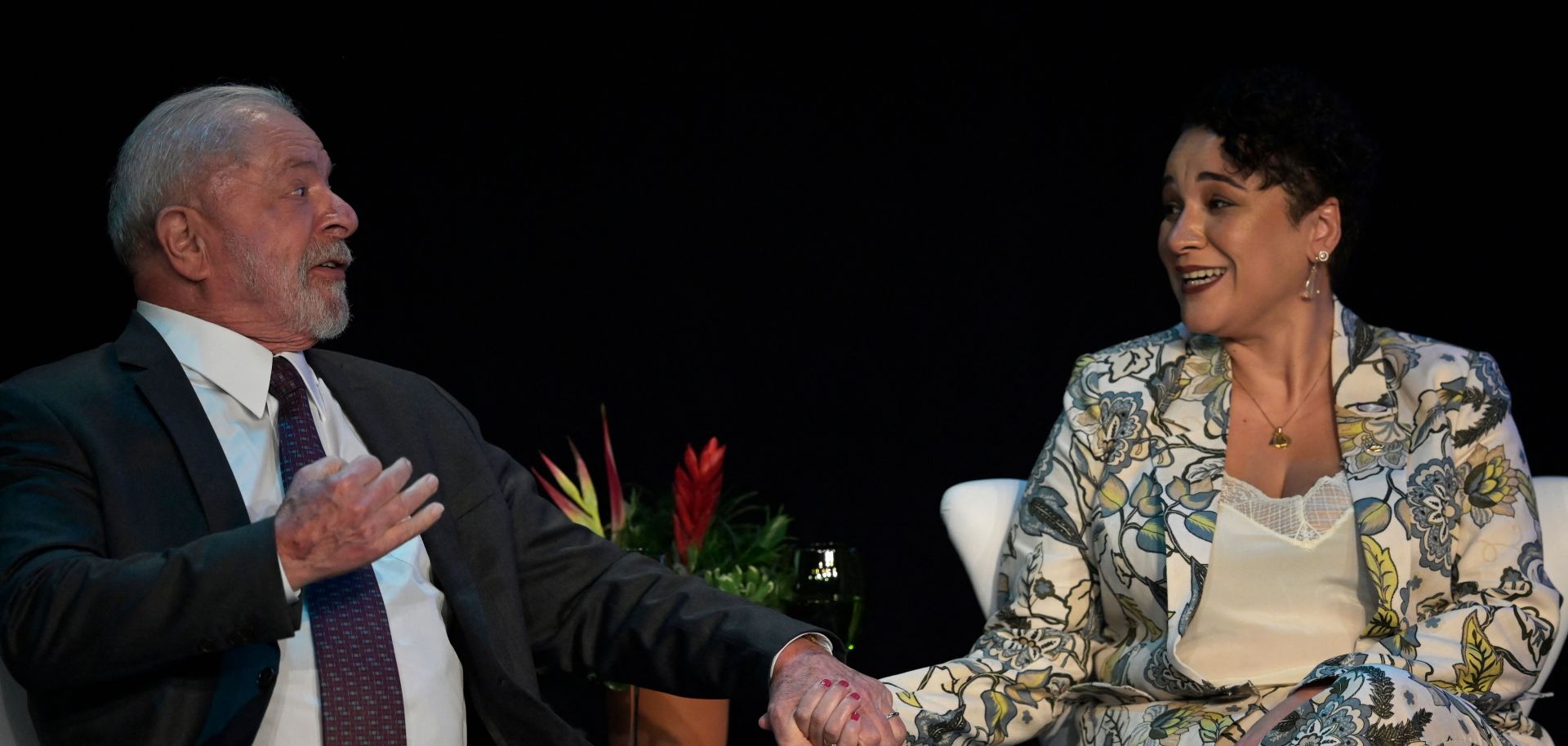While Brazil is not at risk of an economic crisis, largely thanks to a solid external financial position, growth will remain slow in 2023 due to its large public debt, high social welfare spending, and state intervention in sectors including agriculture and oil and gas. When Luiz Inacio Lula da Silva was inaugurated on Jan. 1 for his third term as Brazil's president, he inherited an economy whose real gross domestic product growth averaged only 1.2% over the past decade, with per capita incomes virtually unchanged following a number of domestic and external shocks. But the recent past was not completely negative, as the Brazilian Central Bank is now fully independent, which has enabled the country to react swiftly to increasing inflation. Brazil also managed to avoid broader financial instability despite the global COVID-19 pandemic and the Russia-Ukraine war due to a solid external financial position and in spite of...

